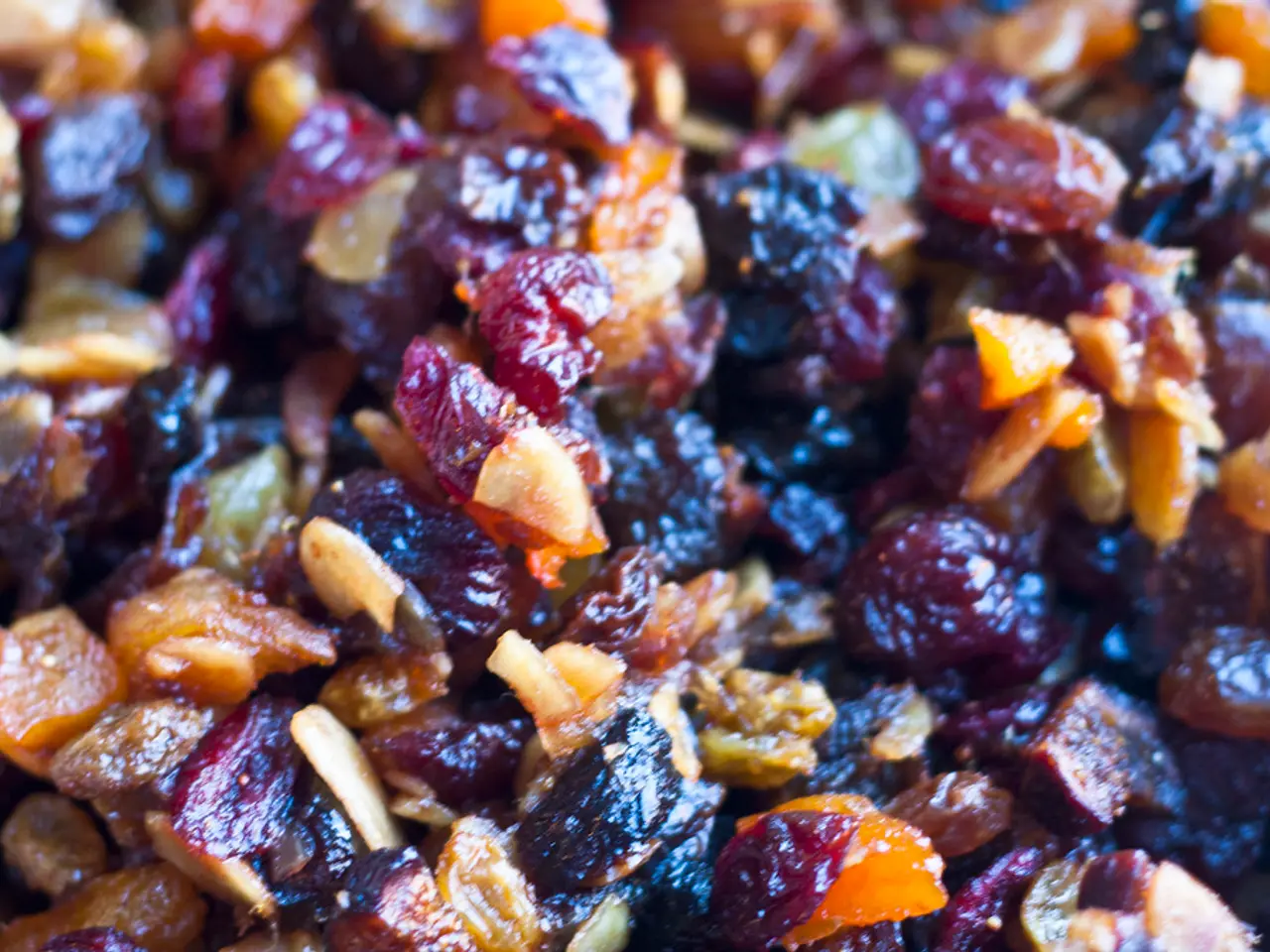Easily Bruisable: An Explanation on the Causes Behind Bruising in 2024
Easy bruising can be a common issue for many people, and understanding its causes can help in preventing and treating it effectively. This article explores the various factors that contribute to easy bruising, as well as some helpful tips for prevention and treatment.
Easy bruising can be attributed to a combination of genetic factors, medications, nutritional deficiencies, and medical conditions that affect blood clotting, platelet function, or blood vessel integrity.
Genetic factors play a significant role in easy bruising. Inherited disorders such as hemophilia (A and B) and other clotting factor deficiencies, like Factor XI deficiency, can reduce the body's ability to form stable clots, leading to easy bruising even from minor injuries. Other genetic disorders, such as Bernard-Soulier syndrome and Von Willebrand disease, also increase the risk of easy bruising.
Medications, particularly blood thinners (anticoagulants) like aspirin, ibuprofen, prescription anticoagulants, and some herbal supplements (e.g., ginkgo biloba), can impair clotting by affecting platelet function or clotting factors, increasing bleeding tendency and bruising even after minor bumps.
Nutritional deficiencies can also lead to easy bruising. Deficiencies in key vitamins, such as vitamins C, K, and B12, can impair vascular integrity, reduce production of clotting factors, or impair platelet function, resulting in easy or unexplained bruising.
Medical conditions, such as diseases affecting platelet number/function (e.g., immune thrombocytopenia), the liver (which produces clotting factors), or hormone imbalances (such as Cushing’s syndrome), can increase bruising susceptibility. Liver disease, in particular, reduces clotting proteins, contributing to bruising.
To help prevent easy bruising, it's important to maintain a healthy diet rich in vitamins C, K, and bioflavonoids, which help strengthen blood vessels and keep capillaries in great condition. Using handrails while climbing stairs, keeping walkways clear, and wearing protective gear during sports or activities can also help prevent falls and subsequent bruising.
In terms of treatment, first-aid treatment for easy bruising includes applying a cold compress or ice pack, elevating the affected limb, and gentle handling of the skin. Natural remedies such as arnica gel or cream, witch hazel, and mindful movement can also help reduce the appearance of bruises. Sufficient lighting in one's space can help prevent accidents that lead to bruising.
For underlying conditions that can lead to easy bruising, medical treatments may include medication changes and clotting factor replacement. Diagnostic tests for easy bruising include blood tests to assess platelet count, clotting factors, and liver function, as well as bone marrow biopsy in suspected blood disorders.
In some cases, easy bruising may indicate a serious condition, such as a blood clotting issue or blood disease, and should be evaluated by a doctor. Older people may also bruise more easily due to thinning skin and loss of protective fatty layer.
In conclusion, easy bruising arises when genetic mutations cause clotting factor deficiencies or platelet abnormalities, medications interfere with coagulation, nutritional shortages impair vascular integrity or clotting, or other medical conditions compromise normal hemostasis, making the skin and blood vessels more susceptible to damage and slow to repair. By understanding these factors and taking preventative measures, it's possible to reduce the risk of easy bruising and keep the body healthy and strong.
- Genetic disorders like hemophilia, Factor XI deficiency, Bernard-Soulier syndrome, and Von Willebrand disease can contribute to easy bruising by affecting blood clotting or platelet function.
- Nutritional deficiencies in vitamins C, K, and B12 can potentially cause easy bruising due to impaired vascular integrity, reduced clotting factor production, or impaired platelet function.
- Medications such as aspirin, ibuprofen, certain anticoagulants, and herbal supplements like ginkgo biloba can impair clotting, increasing bleeding tendency and bruising even after minor bumps.
- Medical conditions like immune thrombocytopenia, liver disease, and hormone imbalances can increase the risk of easy bruising by compromising platelet number/function, clotting factors production, or blood vessel integrity.
- To prevent easy bruising, maintaining a diet rich in vitamins C, K, and bioflavonoids, using handrails, keeping walkways clear, and wearing protective gear during sports can help strengthen blood vessels and reduce the risk of falls and subsequent bruising.




